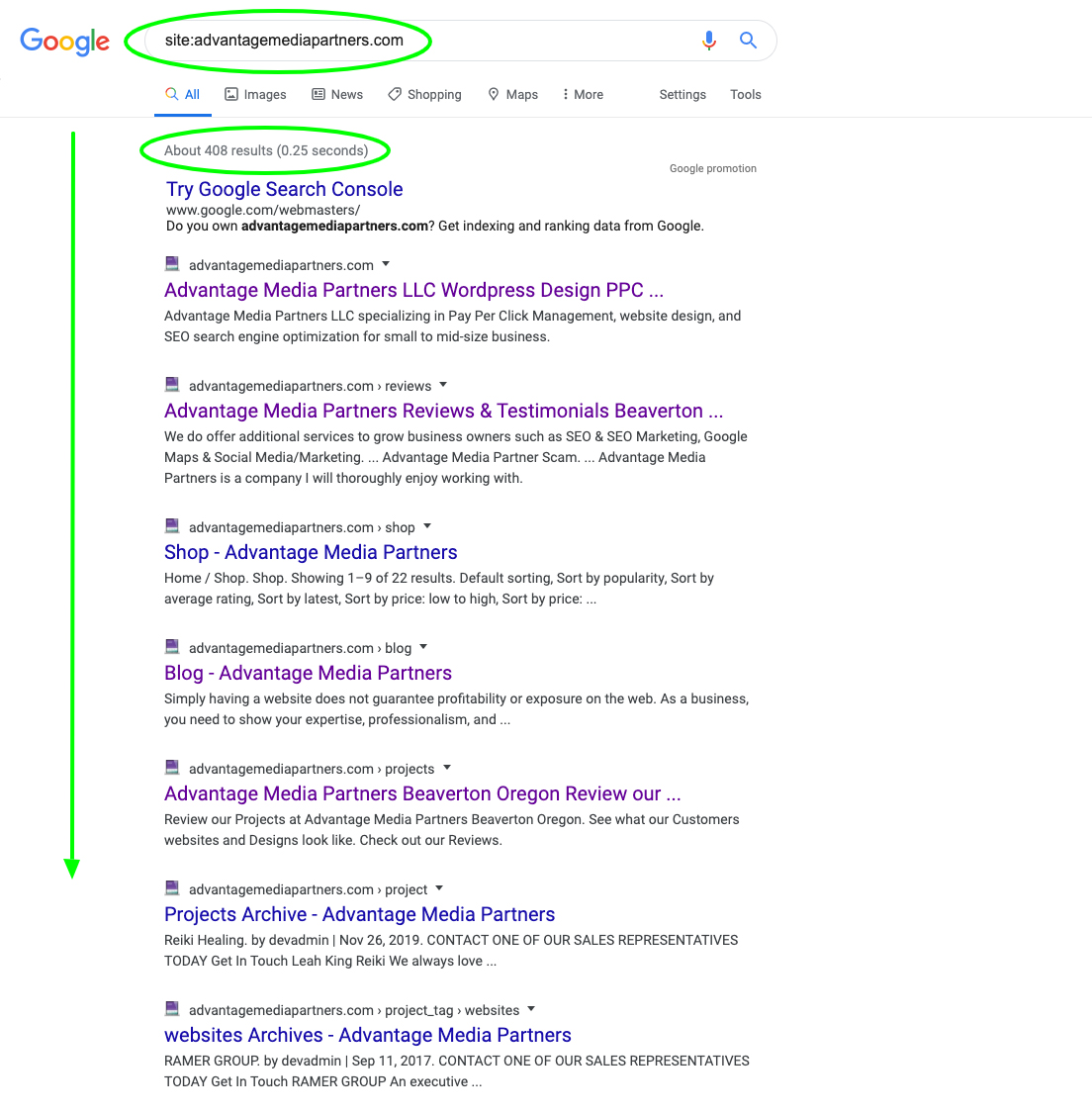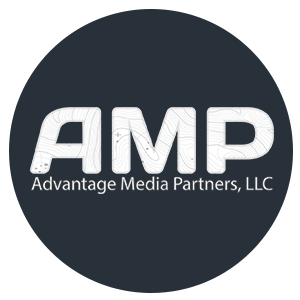If you own a website then your website has been crawled indexed and is now ranking someplace on Google, Yahoo or Bing. Does this mean that your website will easily be found, no it doesn’t. In this article we will be discussing the key components of search indexing and how the web crawls your website and then ranks your site based on the search being made. So, what is a search engine? The answer is fairly simple. Search engines are answer machines that exist to discover, understand, and then organize the internet content into the most relevant results from the searchers questions. In order for your website to show up in the search results you need to have content on your website that is visible to the search engines. If your content has nothing to do with what the user is searching for it will not show up.
How does a search engine work: Three primary functions?
No matter what search engine you are using they all have three primary functions:
- Crawl: Crawling takes place when the search bots or team of robots also known as crawlers are sent out by the search engine to make discoveries for new and updated content. Regardless of content format, the bots will discover the content based on the links.
- Index: Indexing refers to the found content. The bots will go out and look for the links and then store and organize the content. Once the content has been indexed the content will then be available to be displayed as a relevant result for the users query.
- Rank: You will rank if you have provided the relevant content that will best answer the users, or “searcher’s query question”. Results in the ranking process are determined in an order that is relevant to least relevant.

How can search engines find my website?
If you are wondering how and if your site has been indexed you can use the advanced search operator tools provided by Google. Navigate to Google and type the following: “site:yourdomainname.com” into the search bar. Doing this will trigger all the indexed results for your website. By doing this it will give you a good idea about what is currently showing up in the search engine results. View the diagram below:
If you are not showing up in the results there are a few reason why.
- Your site is new and Google has not crawled it.
- Your site navigation may be too complicated to crawl effectively.
- Your site may have robots blocked meaning your file robots.txt has been set to do not follow.
- Your site may be penalized do to spammy tactics.
- Your site is not linked to from any external links.

Now that you have been enlightened on some of the fundamentals and tactics for ensuring your site will be indexed we will dive into what’s important and what you can do to help the search engines find your most relevant information on your site. The following list and overview will help you understand Google’s anatomy of the search engine results page and give you some basic understanding of how you can implement these fundamentals into your site.
- Schema Markup
- Titles
- Meta Descriptions
- Site Navigation
- Featured Snippets
- Paid Advertising Vs. Organic Results
What is structured data and Schema markup?
Schema markup or structured data is the language of the search engines, using a unique semantic vocabulary. It is the code used to more clearly provide your sites information to the search engines in order to understand your websites content. There are a few different ways to implement Schema markup depending on what type of website platform your site is built on; for example if your site is built on a CMS platform like WordPress or if your site is custom built with HTML. An important thing to remember is that Schema Markup is important to implement because if applied correctly your user will find your content faster.
How do titles effect my indexing on the search engines?
Some would say that the title is the most important thing on your website. In many cases this is true. Your title is crucial because it is the first thing a user will see on the search engine results page. It should be easy to read and grab your users attention right away. You will want to make sure that you have keywords within the first part of your title. There is no standard for titles but we recommend 40 to 60 characters. You don’t want the title to be too long because Google will cut it off and then that will likely not grab the attention of your user.
What is a meta description?
A meta description is the brief description found under the title in the Search Engine Results Page that describes what your page is about. It is important real estate in the results and relays vital information in a few sentences. This section needs to be compelling content that pulls the reader in quickly. Make sure to add your targeted keywords into the description and keep it under 140 characters. The following are a few key items you may want in it.
- An active message
- A call to action
- Keywords
- An outline of what to expect
- Unique copy
Types of featured snippets and what they are
Featured snippets are highly coveted real estate on the search engine results pages and appear in a few different formats. This section shows up right under the advertisements and before the organic results. Many users click on featured snippets because they are so easy to see and show up in a visually pleasing way. If you are lucky enough to show up on a featured snippets section in the SERP then you will most likely see a major influx of traffic to your site. Here is a list of the three common featured snippets.
- List: This type of snippet is exactly what it sounds like. It’s a bulleted list that provides quick easy answers to queries like “Top places to eat in Portland, Oregon” or “Where can I find Nike Shoes”.
- Paragraph: Paragraph snippets are found when the user needs a more in-depth answer to their question such as “Hey Google, Please define what a Marine Biologist does.” In this case Google will scan for the most relevant keywords and if your site has an article to match with all the important information it will pull that sentence or paragraph in the results.
- Video: Sometimes Google will pull a video opposed to text. This often happens when Google recognizes your query question as better served visually. A good example of this is something like “How to dye your hair in under an hour”. If your website has video content with the right keyword combinations and description then your video may pull up.
Paid Advertising Vs. Organic Results?
There are two fundamental differences between the two forms of results.
- Paid advertising is what it sounds like, paid results. Anyone can achieve first page placement for their website with an advertisement, however the advertisement will only be on the first page as long as the budget lasts. This technique is great for quick results.
- 1st page results is achievable organically when SEO techniques are implemented. This is a more processed oriented placement and can really pay off if the right effort is put into it but can take longer to get in front of your targeted audience.
Some key points to remember in most SERPs algorithms are:
- Keywords
- Location
- Settings
- Authoritative pages
- Relative content
Advantage Media Partners can improve your overall ranking of your website
Search engines and how they work is a massive topic and as much as we would like to cover every aspect of it we can only cover so much in one post. There are so many details when it comes to ranking, indexing and how to gain better results. I hope this brief overview that we have provided is enough to get your brain thinking about the topic and will get you motivated to take some action for the benefit of your site and business.
At Advantage Media Partners we have a dedicated well trained team of professionals that are ready to take on your project and help guide you through the world of search. When you sign up with Advantage Media Partners you can count on our team to focus on your businesses individual needs. We do all of our work in house here in Beaverton, Oregon. Some of our local clients even stop by the office from time to time.
Contact us today and we can set up a free review call to go over your website and what it may need to gain first page placement on the “SERP’s” Search Engine Results pages. We will pinpoint what exactly you need and what is working for you now. We will offer marketing strategies and educate you on how you can improve. From there we will set you up with the best possible solution for your budget to get your business noticed on the top search engines.
Our professional team is waiting to hear from you, so give us a call or reach out to us via the contact page. Talk to you soon.




